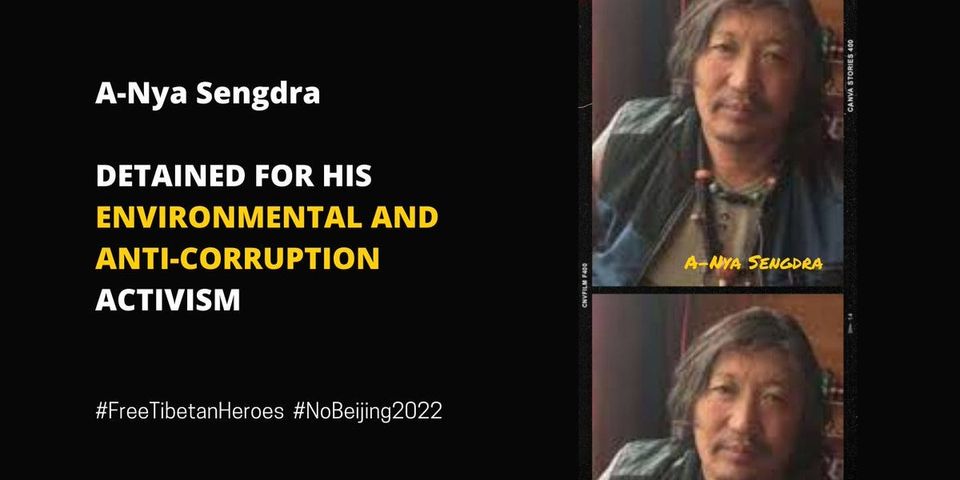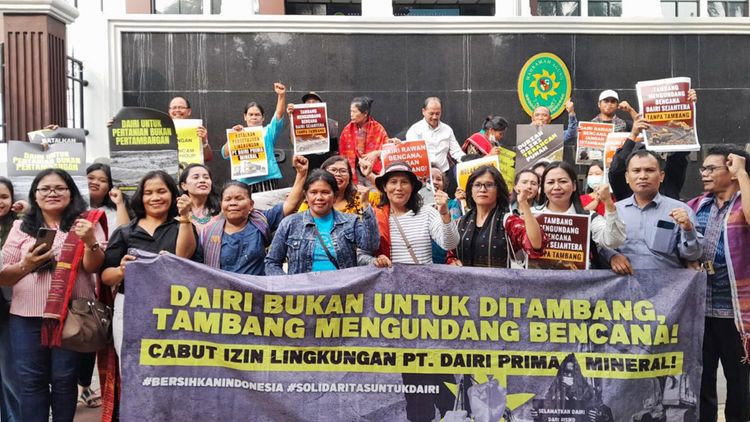Asia Undercovered Round-up: 23 Feb 2022

Undercovered last week
Worth reading: Tree planting has been hailed as climate solution, particularly in South Asia. But, as this investigation by Ishan Kukreti for Scroll.in finds, in India many of these plantations, in which huge sums have been invested, simply don’t exist.
Not covered during the recent Genocide Games in Beijing, marketed as eco-friendly – the crackdown on Tibetan environmental defenders.
A worsening situation in Hong Kong has led many activists, citizens, and others into exile. In this poignant piece, Kong Tsung-gan explores the future of the diaspora through the experience of Tibetans, who have been organizing from outside of occupied Tibet since 1959.
Also missing from the headlines: The brutal military occupation of Myanmar, a year after a violent coup. This piece, written under a pen name, for Reporting Asean looks back on a terrible year under darkness, and why we need to keep paying attention to the suffering, and ongoing struggle, in the country.
Another journalist murdered. This time, in Pakistan, just outside of the Lahore Press Club, where gunmen shot Hasnair Shah, a Urdu language crime reporter (IPI).
Nickel mining is growing in countries like Indonesia due to the growing demand for clean energy technology. But for communities in the remote Spice Islands, pollution from nearby mining is resulting in red seas and less fish, harming local livlihoods (Rabul Sawal, Mongabay).
Electoral Politics
Election alert – East Timor will go to the polls on March 19th. Stay tuned for analysis and results in coming issues.
Meanwhile, South Korea will choose its next President on March 9th. Anti-feminism has, somehow, become a political issue and a rallying call for the right. Kaylin Kim argues that using this as a wedge issue may offer political gain, but in the long term, could harm the country’s economy & wanting progress on gender equality (East Asia Forum).
Geopolitics
One of the reasons that the Myanmar junta has been able to hold on to power for so long is because of China, one of the few countries still doing business in its neighbor. This piece by Xue Gong for The Interpreter explores the history of Chinese influence and how it works with the junta.
Meanwhile, the crisis in Kazakhstan will, argues Igor Kenisov, lead to China reassessing its influence in Central Asia after being overshadowed by Russia, especially as its likely similar conflicts could take place in other countries in the region (The Diplomat).

Asia Undercovered: Round-ups and in-depth analysis of the news, events, trends and people changing Asia, but not getting enough attention in the US media.





Member discussion